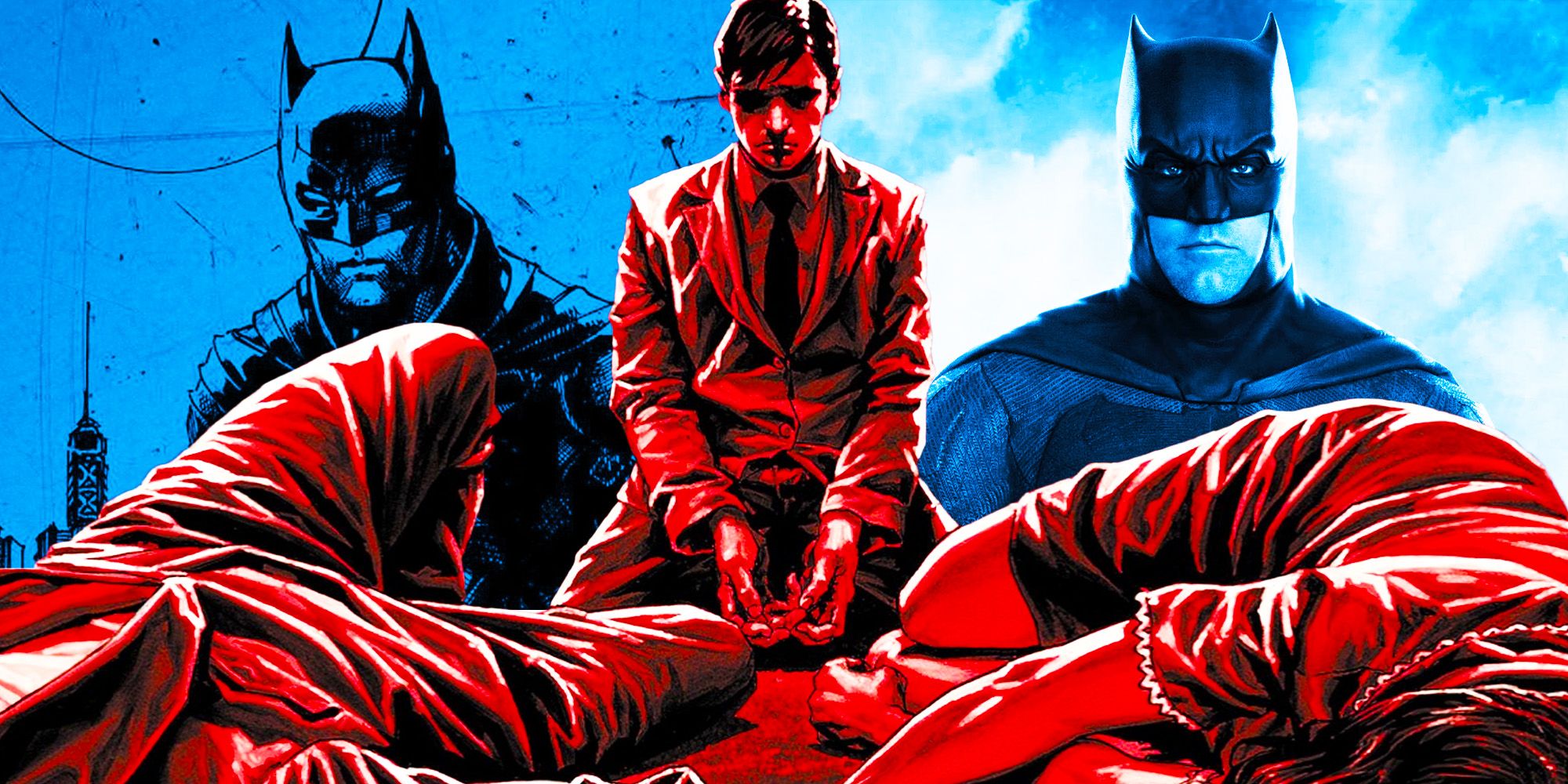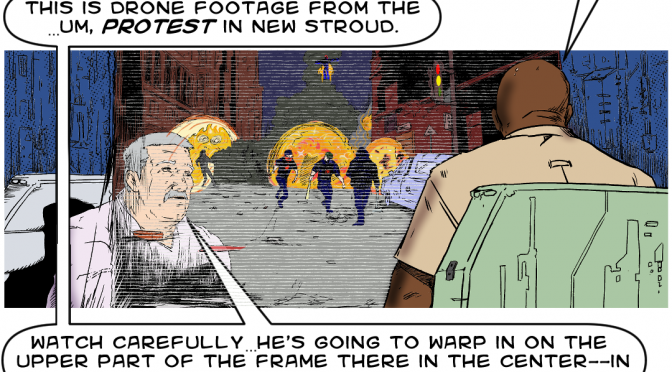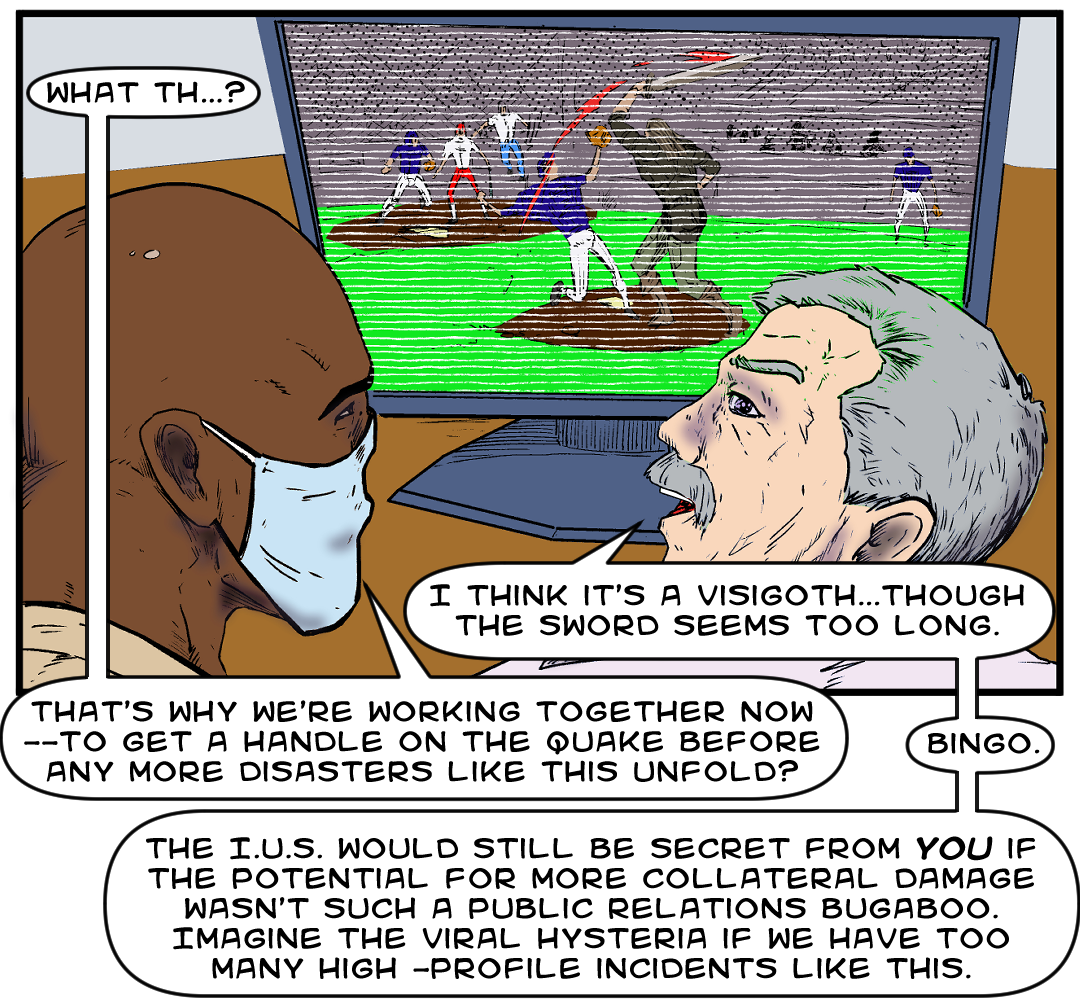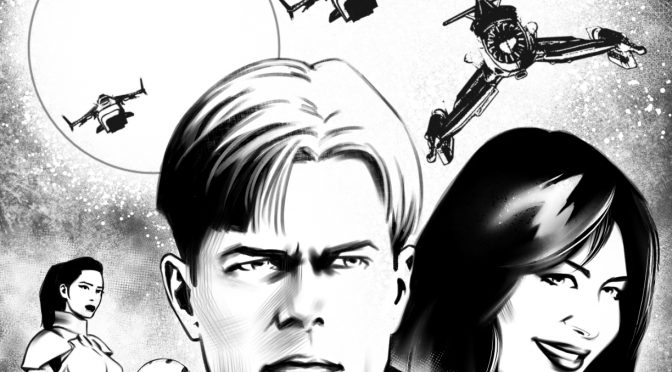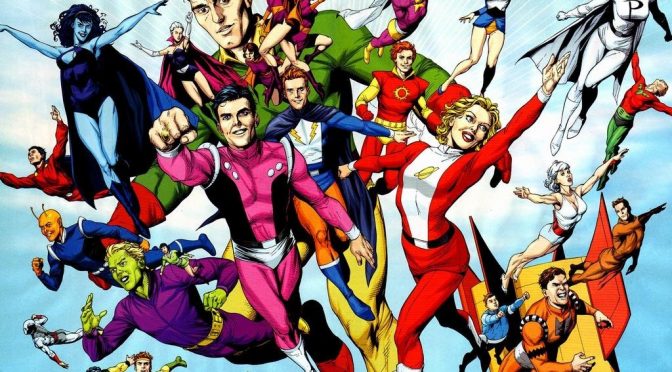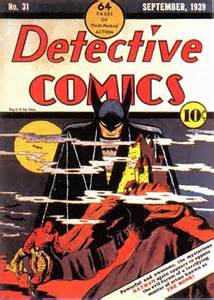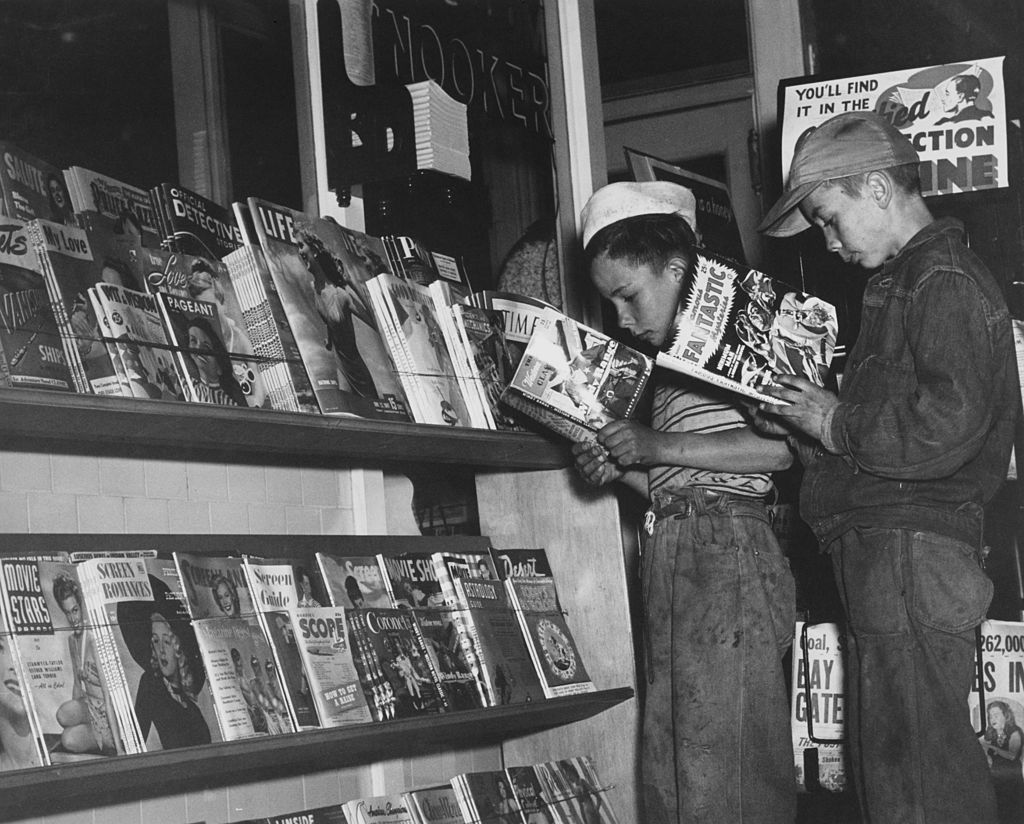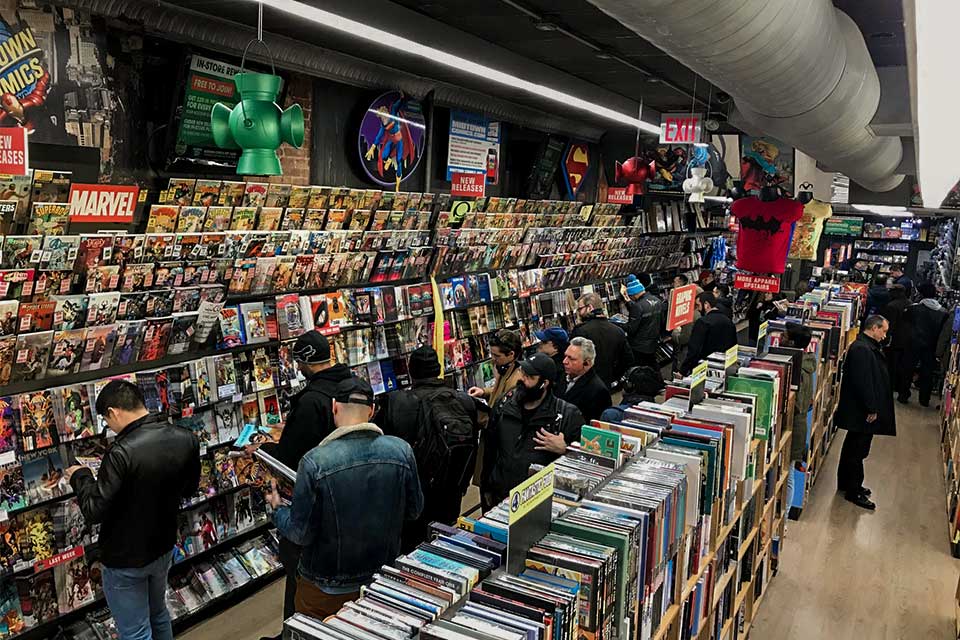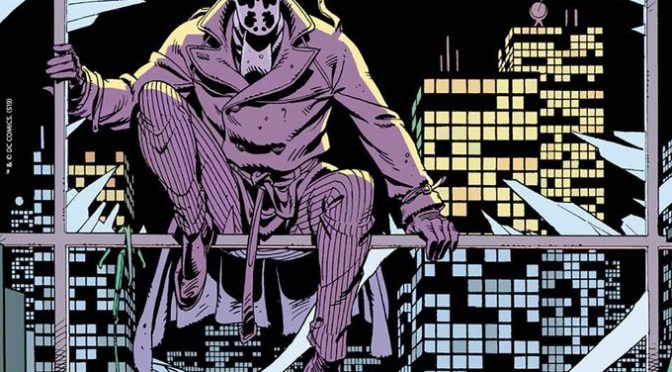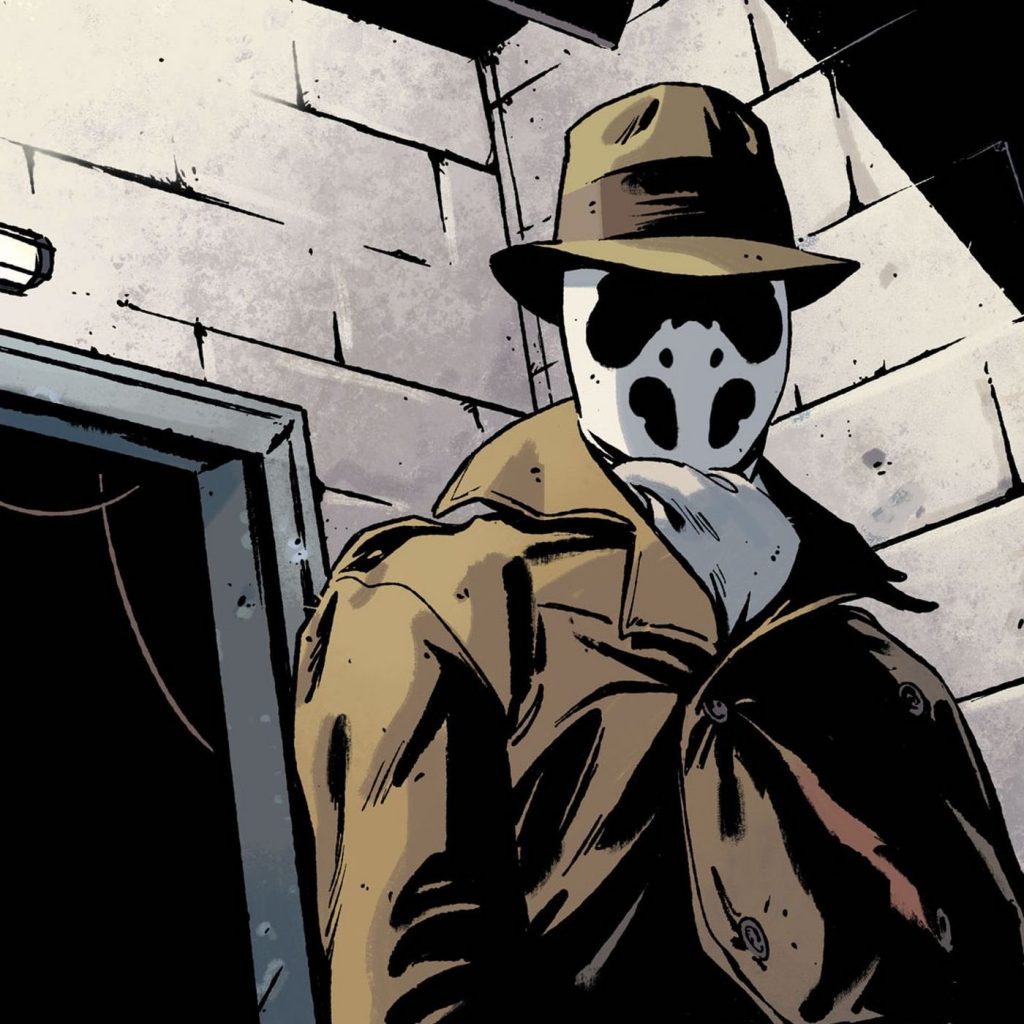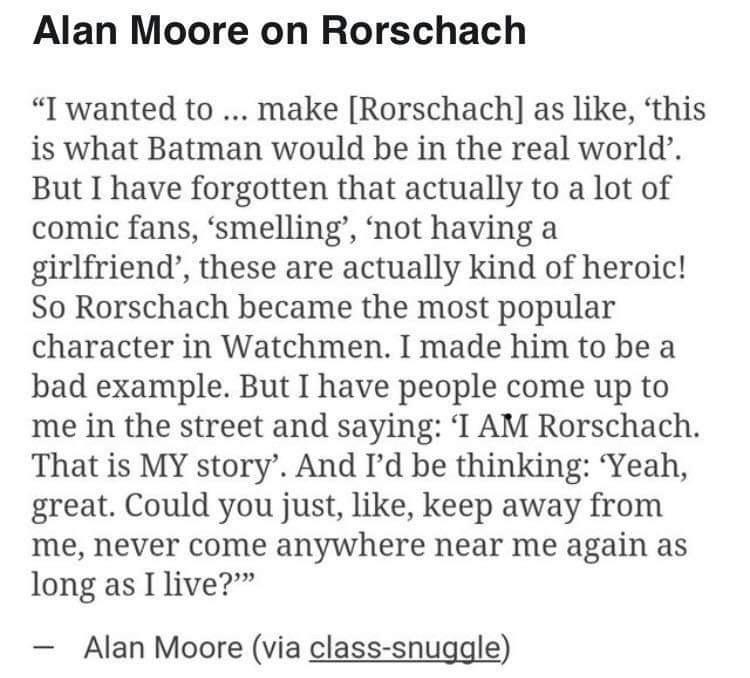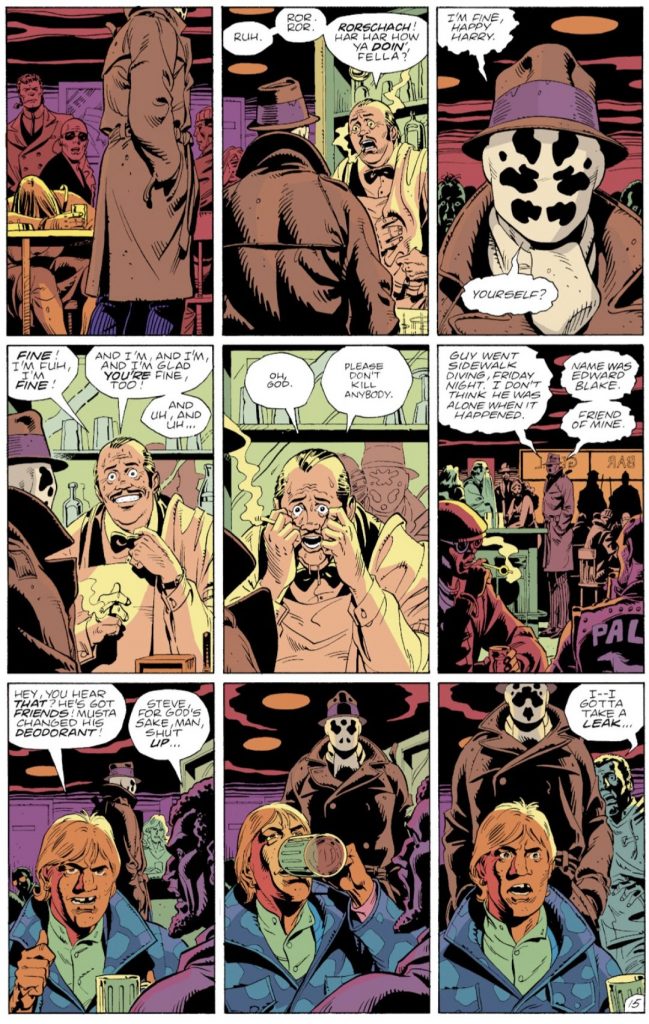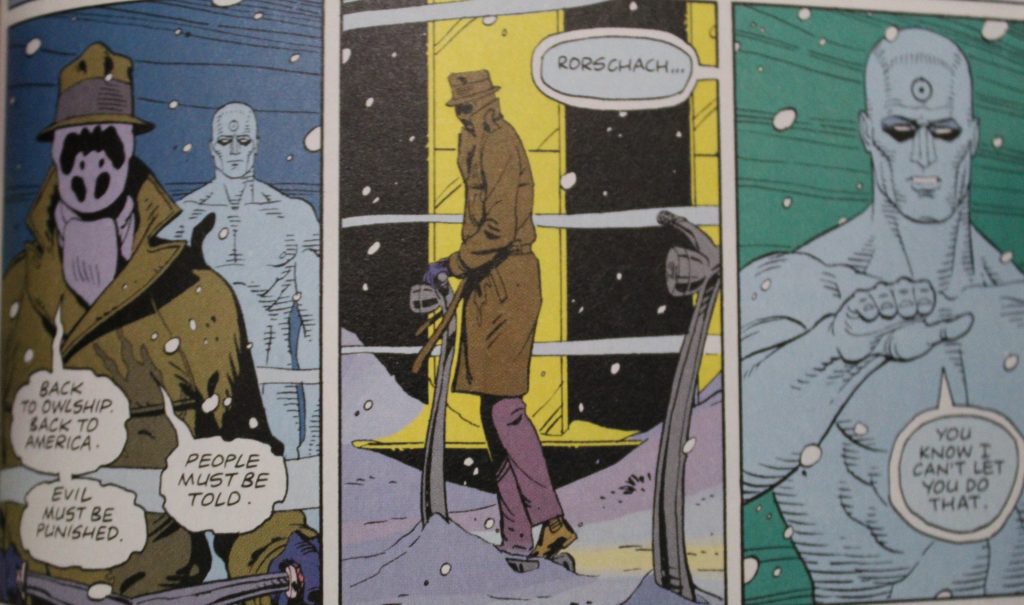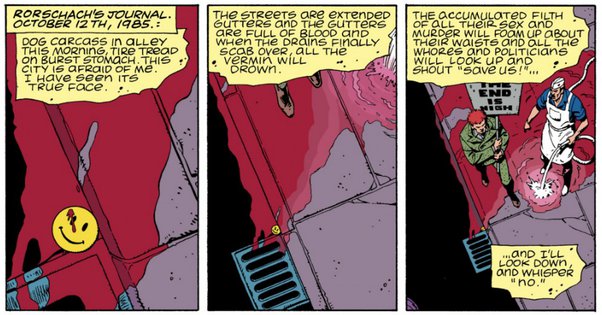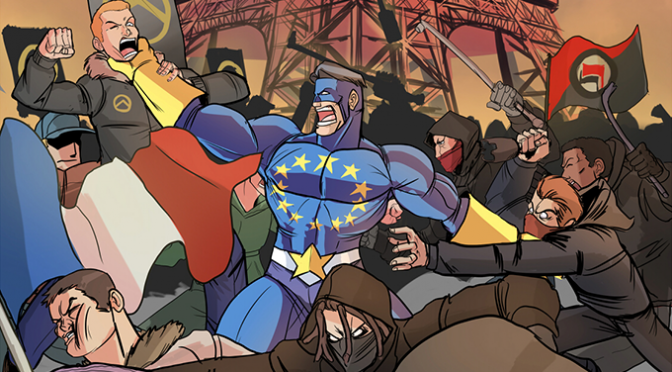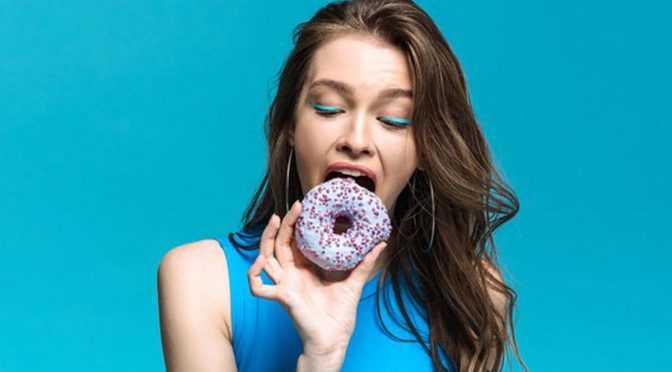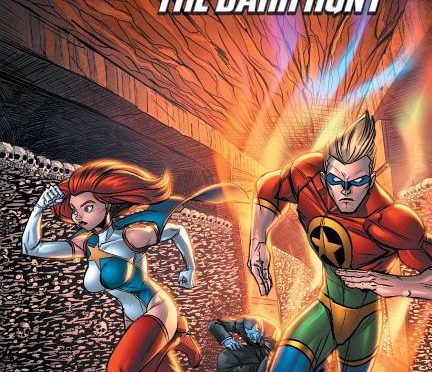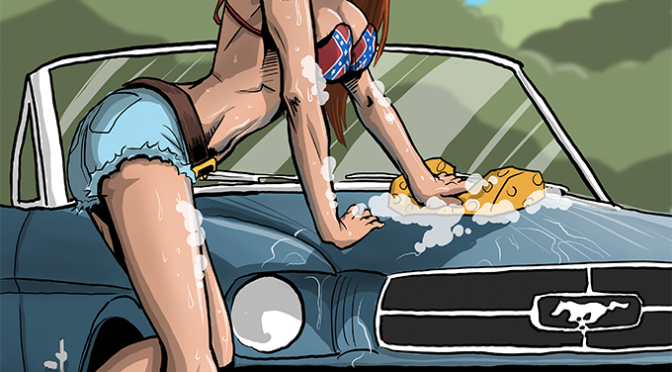If you could have a superpower, what would it be?
I’m guessing that’s a question that’s been asked in interviews at Marvel and DC for decades, now. Not completely unrelated: in what decade did the last noteworthy superhero debut? I’m thinking the ’60s, but maybe it was the ’70s.
We’ve all seen the creative implosion in mainstream entertainment. That industry has always been crawling with commies and perverts, but back in the day they at least had talent and could create art that decent people enjoyed.
Sometime between when they persistently but subtly slipped their cultural Marxist messaging into movies/literature/music that otherwise had merit, and ramming blatant Globohomo narratives down the audience’s collective throat at every opportunity, the vehicles they deployed to deliver their mind control also lost their entertainment value. They lost any modicum of originality, too.
Unable to come up with a single compelling story idea, Homowood can now only recycle what’s already been done several times before, or mine other IP from old TV shows, cartoons, toys, and comic books.
Comic “creators” (what an ironic phrase, when applied to Marvel and DC employees) can’t come up with a single interesting idea of their own. They simply take legacy characters still beloved, and pervert, race-or-gender-swap them to peddle more cultural Marxist narratives that drive fans away from the medium.
Let’s look at some of the efforts of comic writers to develop new, original characters, in the postmodern era, with a specific focus.
The bread-and-butter of Marvel and DC was the superhero. Characters have personalities (well, once upon a time they did) of course, but what makes a hero super is their superpowers. What sort of superpowers have postmodern comic artists/writers given their characters? (By “postmodern,” I include Boomers, Millennials, and whatever Gen Xers managed to slip in between them.)
There’s a character by the name of Jazz–an aspiring rapper by day who moonlights as a crimefighting (?) mutant. His superpower: he can turn himself blue.
But Color Kid is even more powerful. He can not only turn himself blue–he can turn other stuff other colors, too. Evildoers best beware!
These are far from the only characters with gay-ass abilities, but I want to highlight some more characters with powers that are far less interesting than what they reveal about their creators. Let’s roll the clock all the way back to the beginning of the postmodern era for the first one.
Matter-Eater Lad:
This dude can (and does) eat anything–food, dishes, utensils, wood, metal, glass, whatever. I suspect this superpower was inspired by some real people in the comic company bullpens (and later, typical proprietors and customers at comic shops) who ate a lot more than they exercised. And eating disorders are a nice transition to…
Blob:
His superpower is, he’s morbidly obese. Bet you didn’t know that is a good thing, huh? Well, now you know that our country in the 21st century is overrun with superheroes. Blob is a hero that millions today can relate to.
Seriously, I don’t want to get off on a fat-shaming tangent, but it says a lot about the delusions of our cultural influencers that they would spin obesity as a heroic asset.
Domino:
Her superpower is good luck. I can’t disparage this one too much because, in real life, whatever invisible force is often dismissed as “luck” is more of a determinant of success than talent, expertise, discipline, effort and planning, in many situations. Most of the “creatives” in today’s entertainment achieved and maintain their positions by “luck” (plus checking the correct diversity boxes, and the integrity of a whore). If you don’t have “luck,” then it rarely matters how good you are or how hard you try–you’ll never get as far as the lazy, spineless, amoral, untalented hacks who have it.
Echo:
This one is a Freudian slip, personified. The superpower is the ability to copy somebody else. A comic book glorification of what woketards in the entertainment industry do: rip off the intellectual property of actual creators, and twist it to their own nefarious purposes.
Tattooed Man:
His tattoos come to life. That’s his superpower. Are you starting to see how most of these superpowers are just exaggerations of the real-world attitudes embraced by certain demographics?
In real life, there are NPCs who truly believe they can make themselves more attractive by covering themselves with ink and piercings. In their fantasies, I suppose, such modifications not only make them more attractive and interesting, but also more powerful.
Skunk:
This one’s superpower is, basically, body odor. Along with obesity, another common characteristic in evidence at comic book shops (and in the bullpens, probably) is an aversion to personal hygiene. Little did you lesser mortals know, but this is an inspiring crimefighting tool.
Rainbow Girl:
Her superpower is bipolar mood swings. Are you starting to see that these characters are simply grandiose self-inserts by the narcissists who work at the Big Two? What sane people see as a handicap, flaw, or disorder is ack-shully part of what makes the visionaries in mainstream comics so superior to you.
There’s a character introduced within the last few years whose superpower was the ability to force others to like her. I kid you not. So remarkable and inspiring was this character that I can’t remember her name. Neither, apparently, can the World Wide Web.
Examine the Cultural Gatekeepers:
You’ve got an industry run by fat, unbathed, mentally unstable basement-dwellers (who believe themselves to be secret kings and queens far superior to us, with the knowledge of how to fix the world’s problems), incapable of developing characters that anybody finds interesting–much less heroic.
When you think about it, the “creatives” in the industry today almost perfectly match the personality profile of the fictional mad scientist villains from the Golden Age. (“The fools! They’re threatened by my superior intellect! But one day they’ll bow before me and be forced to admit I am the ultimate genius!”) Except the mad scientists actually knew enough about real science to build giant robots, resurrect dinosaurs, and genetically engineer monsters. Their real-life counterparts still can’t grasp rudimentary concepts like two genders, herd immunity, and the size of virus particles.
How was it different when our country was healthy?
Go back to the Golden Age, and most of the Silver Age. Characters created back then had superpowers like super strength, invulnerability, flight, X-ray vision, super speed, invisibility, growth, shrinking, stretching, fire, and breathing underwater. As farfetched as they were, those abilities were practical. It was easy to conceptualize how those superpowers could be utilized to protect the innocent, make society better, and counter threats to peace and order.
In the “silly” cultural phenomenon of comic books, we find a bellweather for the state of our civilization. Far from the only bellweather, of course. Just one more corroborating all the other evidence that our civilization is circling the drain.
I was inspired to study this subject by a comment AC (Anonymous Conservative) made on his website some time ago. He has done some groundbreaking work on r and K selection, what that looks like in human societies, and how pop culture reflects it. It’s no wonder that he made this observation.
(I recommend his book on r and K selection: The Evolutionary Psychology Behind Politics, and might review it here one day.)
As I understand it: from the colonial days, up until the end of WWII, America was mostly K-selected. We built stuff, could fix stuff. We protected women and children. We worked, saved, prepared for the future. We were trustworthy neighbors, loyal friends, good Samaritans to strangers, but vigilant about protecting/preserving our own families, property, neighborhood, etc. We didn’t tolerate obvious thieves, perverts, traitors, murderers or rapists. We certainly didn’t allow them to force their amoral attitudes on the rest of society. Superheroes with practical superpowers made sense in that civilization.
Long story short, America shifted toward r-selection in the Postwar era. They abandoned the values and attitudes that helped make us once great. They became , basically, a bunch of indulged brats who threw a party, trashed their parents’ house, then refused to clean up afterwards. In fact, their every effort concentrates on destroying what is left of the house. Every effort that isn’t focused on their own personal gratification, that is. This is exemplified by the forgettable superheroes this r-selected culture has introduced. And by how the iconic superheroes of yesteryear are being corrupted and destroyed.
What do you think?
